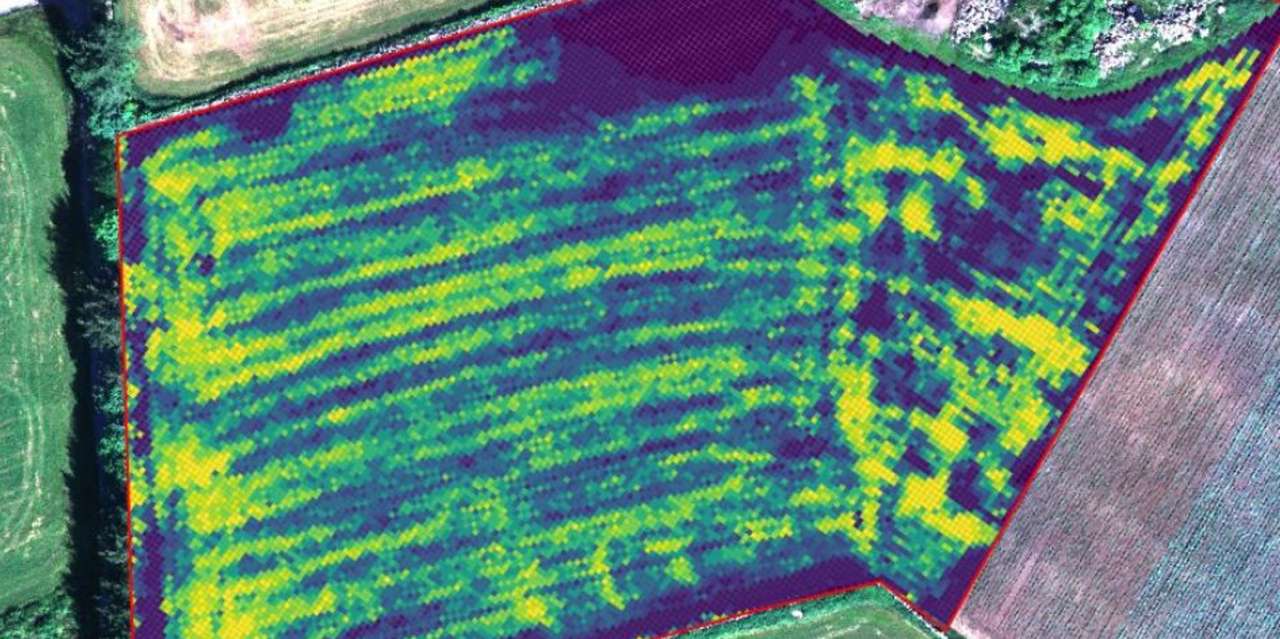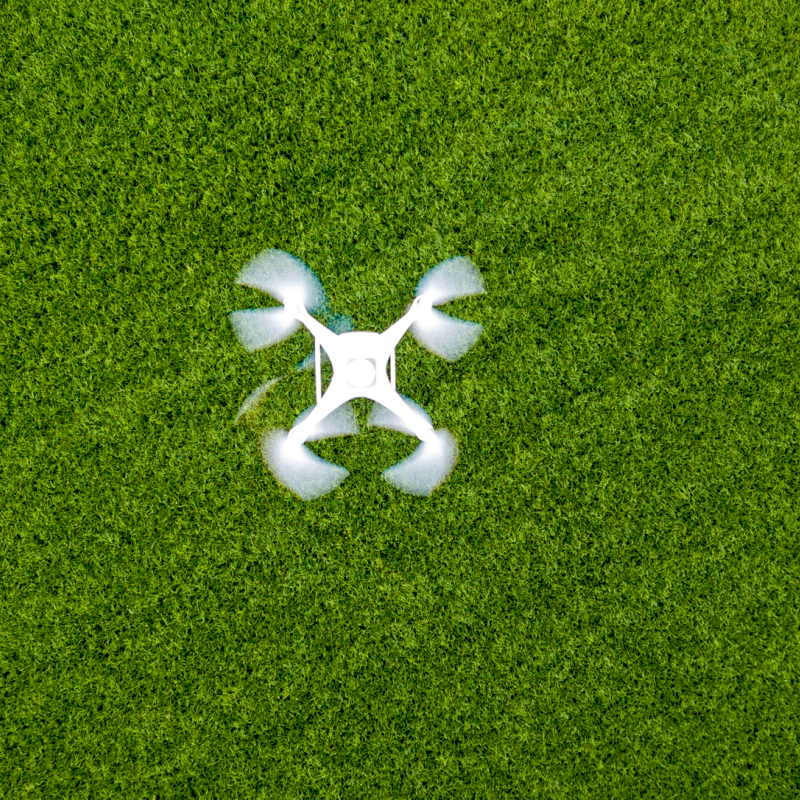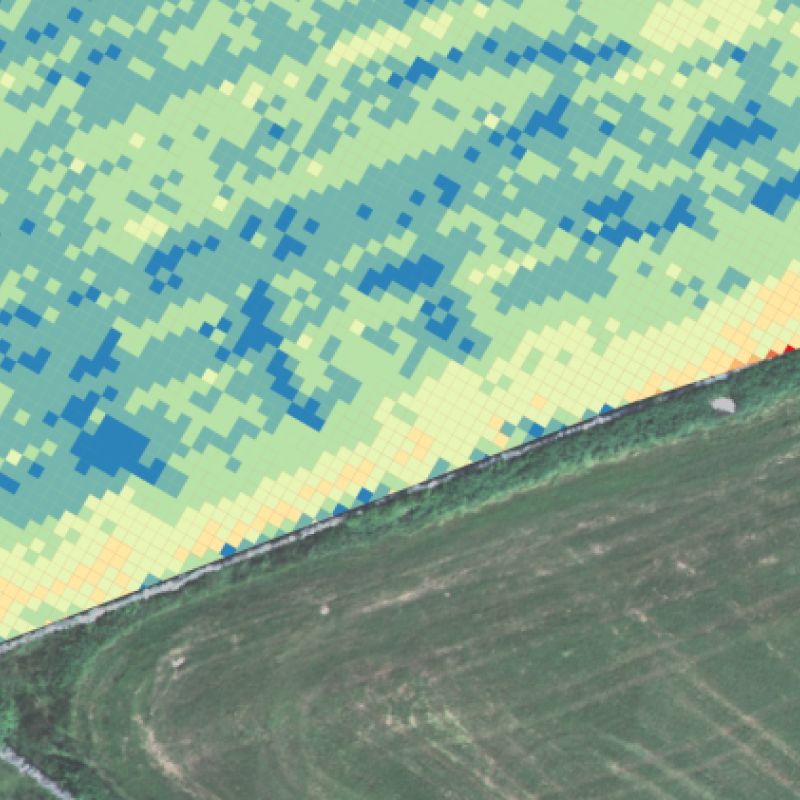Digital services for smart farming

Photo: Jakob Geipel / NIBIO
Variations in raw protein content i grassland.
Efficient precision farming requires suitable digital services for smart farming. At NIBIOs Centre for Precision Agriculture we work to develop services adapted to Norwegain condition, providing Norwegian farmers access to good, quality-assured solutions.
Digital services can contribute to the reduction of unnecessary climate and environmental impacts from agriculture while improving efficiency and operating economics at farm level.
Precision agriculture and technology have been highlighted in many contexts as a necessary measure to both reduce emissions and improve farmers' finances. For instance, one of the recommendations in NOU 2023:25 "Transition to low emissions - Roadmad for climate policy towards 2050" is to "reduce emissions food production through technology and production improvements […]". Achieving such benefits in Norwegain agriculture requires digital services adapted, tested and calibrated for Norwegian conditions. At the Centre for Precision Agriculture we are working with this in projects like PRESIS and Copernicus agriculture. You can read more about these projects by following the link further down the page.
Contacts

Jakob Geipel
Research Scientist
-
Division of Food Production and Society
(+47) 915 66 289 jakob.geipel@nibio.no Office Location: Apelsvoll

Contacts

Jakob Geipel
Research Scientist
-
Division of Food Production and Society
(+47) 915 66 289 jakob.geipel@nibio.no Office Location: Apelsvoll

Projects

Division of Food Production and Society
PRESIS
I PRESIS, et nytt femårig samarbeidsprosjekt, skal NIBIO være med å videreutvikle teknologiske løsninger for enda bedre presisjonsjordbruk, og samtidig sørge for at løsningene kommer ut i praksis til gårdene.

Division of Food Production and Society
COPERNICUS - Jordbruk
Formålet med prosjektet er å ta i bruk satellitt-data fra Copernicus programmet for å utvikle rutiner og verktøy rettet inn mot jordbruksfaglige problemstillinger, og gjennom dette bidra med informasjon og råd til relevante aktører (bønder, rådgivere, jordbruksnæringa, kommuner, politikere og utdanningsinstitusjoner). Prosjektet skal dermed bidra til å forbedre dagens dyrkningspraksis, som gjennom en bedre utnyttelse av innsatsfaktorer som gjødsel og fôr også bidrar til å redusere klimaavtrykket til det norske jordbruket.
